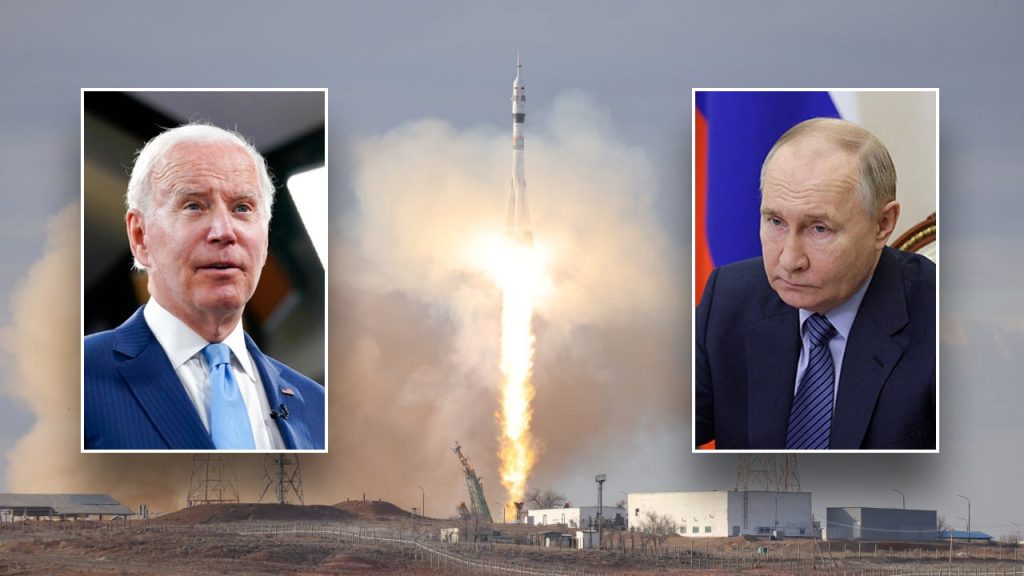A U.S.-led resolution aimed at preventing the use of nuclear weapons in outer space was vetoed by Russia, despite receiving support from dozens of co-sponsors. The resolution highlighted the potential catastrophic consequences of detonating a nuclear weapon in space. The U.S. Mission to the United Nations stressed the importance of maintaining international peace and security by avoiding such actions. The resolution, which received backing from 60 member states, aimed to prevent an arms race in outer space and ensure compliance with the 1967 Outer Space Treaty.
Russia’s decision to veto the resolution was based on the belief that it was a propaganda stunt by the U.S. that was divorced from reality. This decision came amid reports that Russia had deployed a weapon capable of destroying satellites, raising concerns about the militarization of space. The White House had previously expressed alarm over Russia’s alleged deployment of an anti-satellite weapon, although the operational status of this weapon remains unconfirmed. Russia has maintained that it upholds international agreements that ban the deployment of nuclear weapons in space.
U.N. Secretary-General António Guterres warned of escalating geopolitical tensions and mistrust, which have increased the risk of nuclear warfare to its highest point in decades. Russian President Vladimir Putin has used the threat of nuclear weapons as a deterrent against direct intervention from the U.S. and NATO allies in conflicts such as Ukraine. Despite affirming opposition to the deployment of nuclear weapons in space, Russian Defense Minister Sergei Shoigu has hinted at the country’s development of space capabilities comparable to those of other nations.
The draft resolution presented to the U.N. Security Council emphasized the need to avert a grave danger to international peace and security by preventing an arms race in outer space. Concerns have been raised about the potential implications of a space-based weapon capable of destroying satellites and disrupting critical communications and services worldwide. The resolution sought to uphold existing agreements, such as the 1967 Outer Space Treaty, which prohibits the deployment of nuclear weapons or weapons of mass destruction in space.
The international community’s efforts to address the issue of space-based weapons reflect broader concerns about the militarization of space and the implications for global security. The use of nuclear weapons in space could have far-reaching consequences for various sectors, including communications, agriculture, and national security. The conflicting perspectives of major powers like the U.S. and Russia underscore the complexities of ensuring peaceful cooperation and adherence to international treaties in the realm of outer space. Efforts to regulate and prevent the use of weapons in space remain a critical priority for maintaining stability and security in the increasingly contested domain of space.














